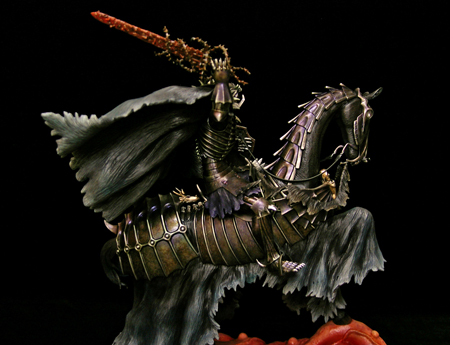You're putting way too much thought into it. The Databook is not a Da Vinci Code.
I think this could be extended to the entire story, more or less. While one should take into account that Kishimoto is a grown man with what is likely a full array of life experiences, he's not building the narrative equivalent of a rocket here. It's a shonen manga, with a target demographic of age 10 and up. Age 10. I think a lot of people forget that. (Including Kishimoto, at times.)
It doesn't make sense that Kishimoto would take Sasuke, the principle antagonist of the main three characters, and give him "secret feelings" -- secret feelings of which the nature and complexity would escape a good portion of his audience.
As admitted above, Kishimoto is not overly consistent with this kind of thing. He introduces a lot of complex ideas and mature themes in some areas, but not others. There is an expectation that readers will look underneath the underneath sometimes, but othertimes to accept things at face value. As I've said before, I sometimes think Kishimoto forgets the wide range of age and sophistication among his readers, and he ends up bouncing around.
It's fun to dig into the details and look for deeper meanings and try to connect things; I do it myself all the time. That's what fandom is all about. But in the end, we really can't assume anything that's not expressly stated or drawn on the page. Pro or con.
Getting carried away with the idea that Sasuke has any "secret feelings" at all -- much less for Sakura -- is, I think, just looking too hard at things. As Dr. Freud supposedly said, "Sometimes a cigar is just a cigar."





 This topic is locked
This topic is locked






















